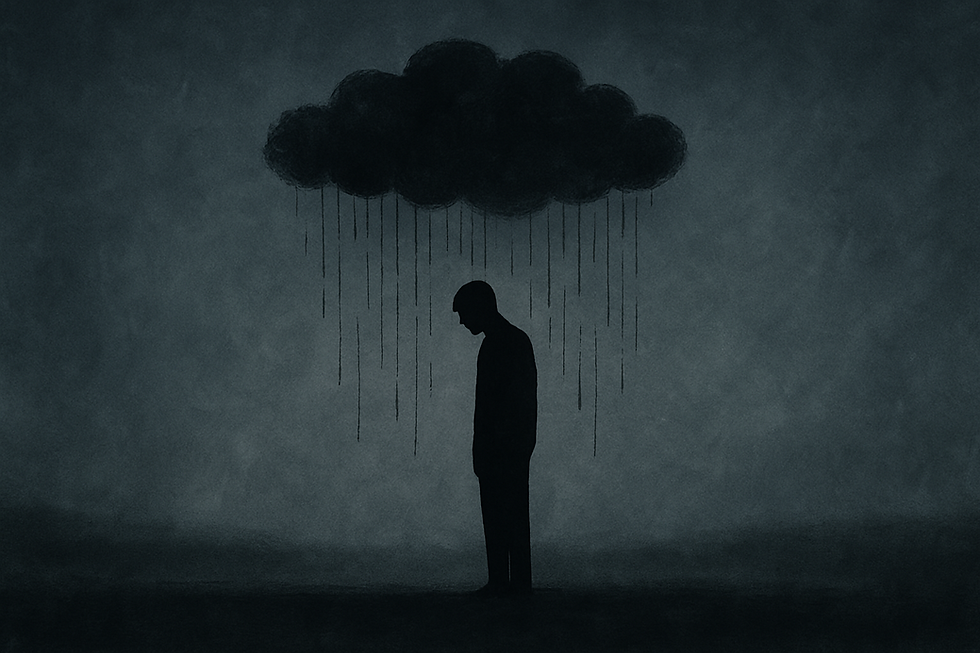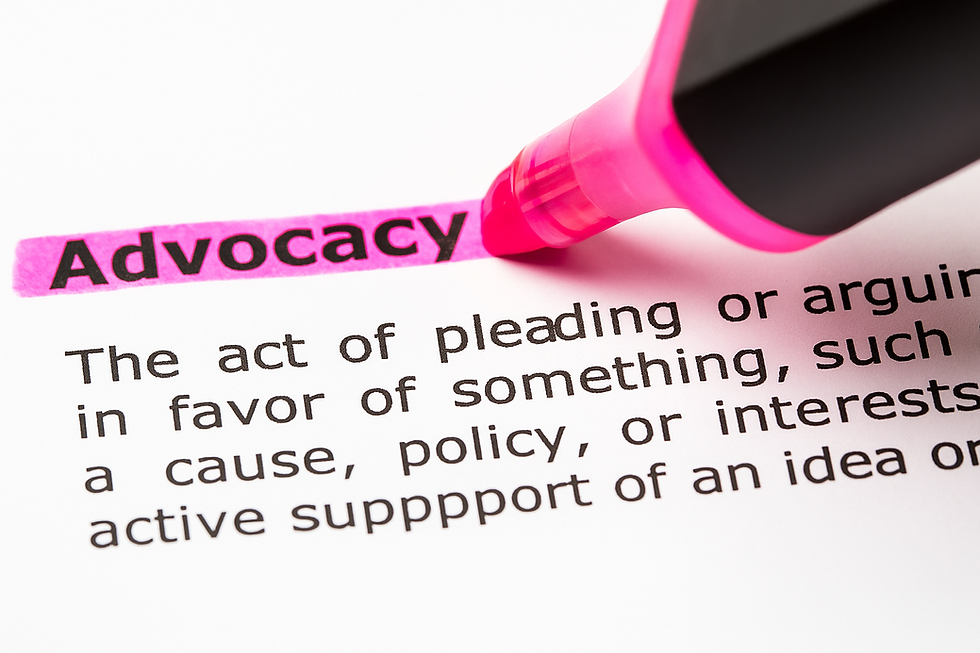Understanding Depression: What It Is and How to Find Support
- Deborah Marks
- Aug 6, 2025
- 3 min read
Depression: More Than Just Feeling Sad
Most of us experience low moods from time to time, especially during challenging periods of life. However, depression is more than occasional sadness; it is a diagnosable mental health condition that affects how we think, feel, and function. It can interfere with work, relationships, and even our physical health.
If you're struggling with depression, you're not alone. It's one of the most common mental health conditions in Australia, affecting around one in seven people at some point in their lives. The good news is that with the right support, healing is possible.
it is a diagnosable mental health condition that affects how we think, feel, and function

What Is Depression?
Depression, also known as major depressive disorder, is a mood disorder characterised by persistent feelings of sadness, hopelessness, and a lack of interest or pleasure in daily activities. It can also cause physical symptoms such as fatigue, changes in appetite or sleep, and difficulty concentrating.
Some common symptoms include:
Ongoing low mood or irritability
Loss of enjoyment in activities once found pleasurable
Difficulty sleeping or sleeping too much
Feelings of worthlessness or guilt
Low energy and motivation
Trouble focusing or making decisions
Withdrawal from friends and family
Thoughts of death or suicide
You do not need to experience all of these symptoms to be diagnosed with depression. Even a few can indicate that support may be needed.
What Causes Depression?
Depression is complex and can be influenced by a combination of factors:
Biological factors such as genetics, brain chemistry, or hormonal imbalances
Life experiences like trauma, grief, loss, or prolonged stress
Personality traits, especially those who tend toward self-criticism or perfectionism
Health conditions, including chronic illness or pain
Substance use, including alcohol and drug misuse
It's important to remember that depression is not a sign of weakness. It is a health condition that deserves compassion, understanding, and professional care.
biological factors, life experiences, personality traits, health conditions, substance use...
How Can Therapy Help?
Therapy is one of the most effective treatments for depression. It provides a safe and supportive space to explore what you're going through, understand underlying patterns, and develop healthier ways to cope.
At Hope Prevails, we use evidence-based therapies such as:
Cognitive Behavioural Therapy (CBT) to help reframe negative thinking patterns
EMDR (Eye Movement Desensitisation and Reprocessing) to process trauma that may be contributing to low mood
Person-centred therapy, which offers deep emotional support and validation
You don’t have to navigate depression alone. Professional support can help you move from just surviving to truly living again.
Therapy is one of the most effective treatments for depression.
When to Seek Help
If you’ve been feeling low for more than two weeks, or your symptoms are interfering with your daily life, it's time to reach out. You don’t need a referral to begin private therapy, and support is available even if you’re not sure what you need just yet.
Take the First Step Toward Healing
Whether you're facing a recent downturn in mood or have been feeling this way for a long time, therapy can help you gain a deeper understanding of yourself, reconnect with meaning, and develop tools for long-term wellbeing.
At Hope Prevails on the Gold Coast, we offer warm, compassionate, and confidential therapy tailored to your needs. If you're ready to take that first step, we’re here to walk beside you.
Want to talk? Contact us today to book a private session or learn more about how we can support you.



Comments